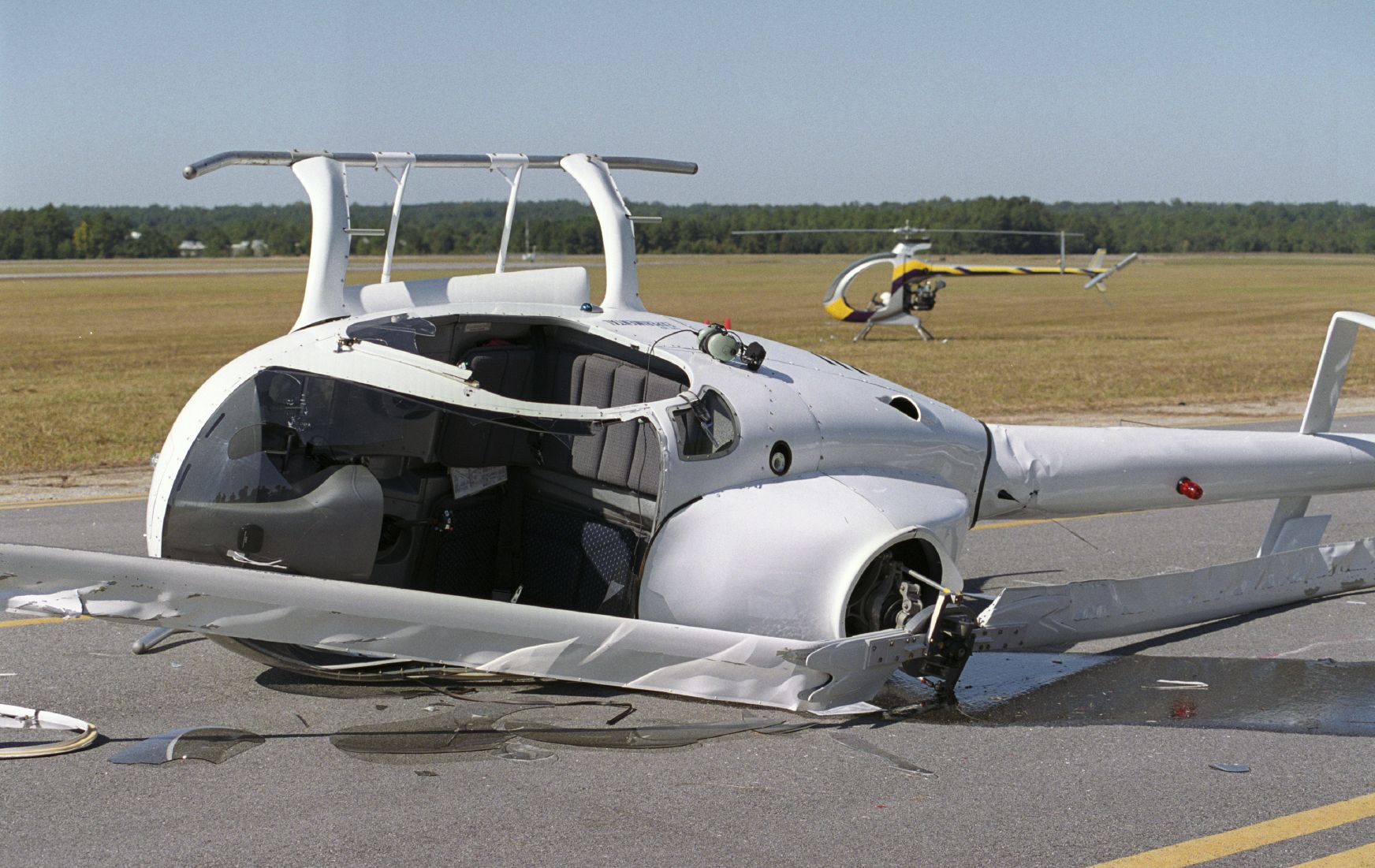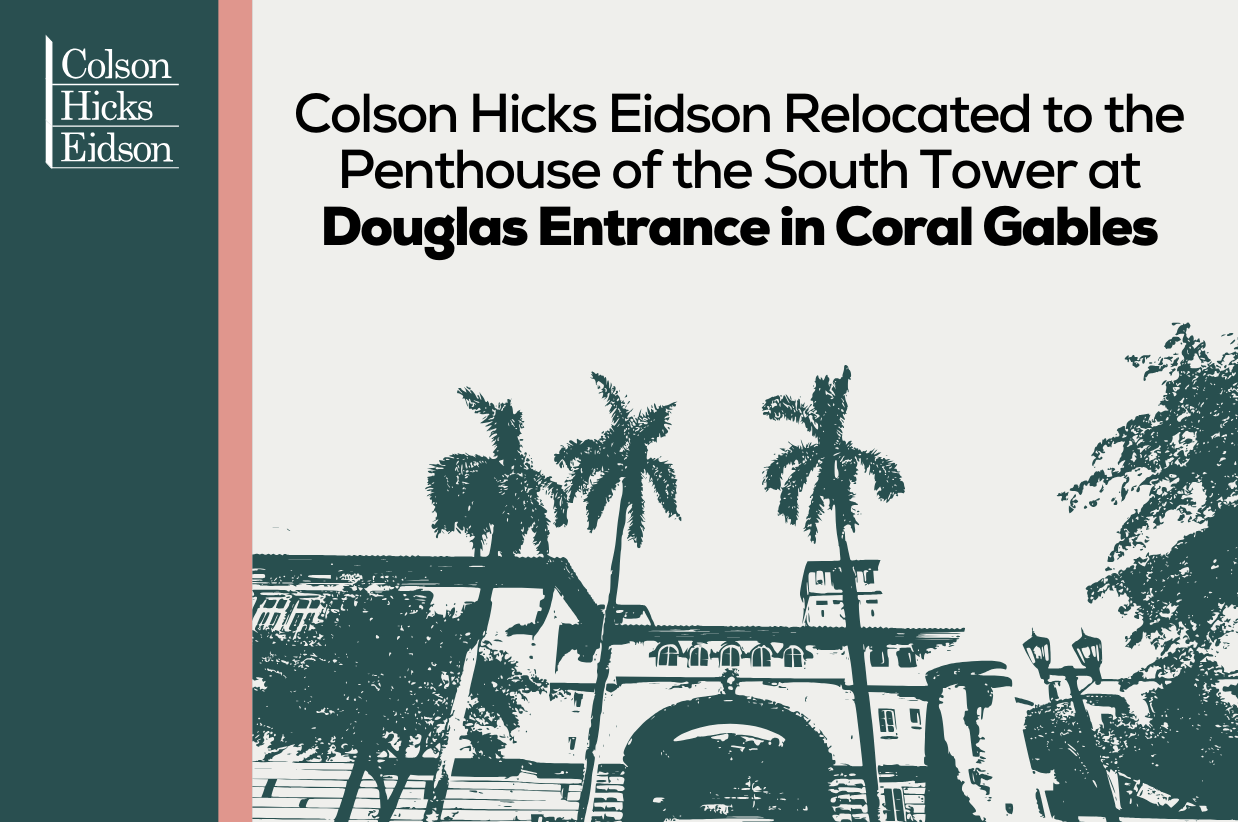 Four-hundred feet: that is the highest a drone is allowed to fly in the state of Florida. This law is meant to protect commercial aircraft, but with the number of drones in the sky increasing all over the country, is that law really enough?
Four-hundred feet: that is the highest a drone is allowed to fly in the state of Florida. This law is meant to protect commercial aircraft, but with the number of drones in the sky increasing all over the country, is that law really enough?
Lately, police stations all over the state have been receiving calls from concerned citizens about drones flying over their homes. Many believe the machines pose a major risk to their personal privacy, and some fear that law enforcement may start abusing them.
“There was a burglary in a home nearby, so I can understand the concern,” one drone owner tells a local news station after the police confront him about his drone.
What Is Being Done About Drone Laws?
Governor Rick Scott has signed a bill that restricts law enforcement’s use of drones, and allows people to sue drone owners, if they think their personal privacy is being violated. However, many experts are questioning if holding drone owners liable in civil court will have any effect, considering that proving damages would be difficult. The law includes no criminal punishments.
In 2012, Congress ordered the Federal Aviation Administration to incorporate drones into the national airspace system, but with the September 30th deadline looming, the FAA seems to still be struggling. So many states, including our own, have decided not to wait on the FAA.
With new technologies constantly coming to market, the law is constantly changing to keep up. The lawyers of Colson Hicks Eidson want you to be aware of these changes and your rights under those new laws. For more information about what we do, check out our practice areas and follow our blog.
Colson Hicks Eidson — Personal Injury Attorneys





